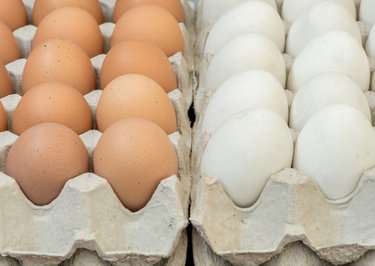Eggs will be used in the company’s food products
By Diego Flammini
Assistant Editor, North American Content
Farms.com
Nestlé Canada announced that by 2025 it will only source cage-free eggs for all of its Canadian food products.
According to a company release, Nestlé Canada purchases nearly 500,000 pounds of eggs per year and is dedicated to helping farmers during the transition period.
“Canadian farmers are important to us, and in addition to eggs, we also purchase approximately $44 million worth of dairy products every year. Working alongside Canadian farmers is an essential part of our commitment to the health, care and welfare of animals,” Catherine O’Brien, senior vice president, corporate affairs, Nestlé Canada Inc., said in the release.
In 2012, Nestlé started to outline its plan to eliminate gestation crates for pigs and veal crates, as well as to eliminate tail docking for cattle and pigs. The company is also working with World Animal Protection to “establish a roadmap for sourcing cage-free eggs in Europe and the rest of the world.

“Nestlé Canada’s commitment to move to cage-free eggs will have a huge positive impact on the lives of hundreds of thousands of hens,” Josey Kitson, executive director, World Animal Protection Canada, said in the release. “Unlike conventional barns, cage-free systems allow hens to move around freely, perch and lay their eggs in a nest box.”
Farms.com is awaiting comments from Egg Farmers of Canada about the pressures Canadian egg farmers could be under to meet Nestlé Canada’s requirements.